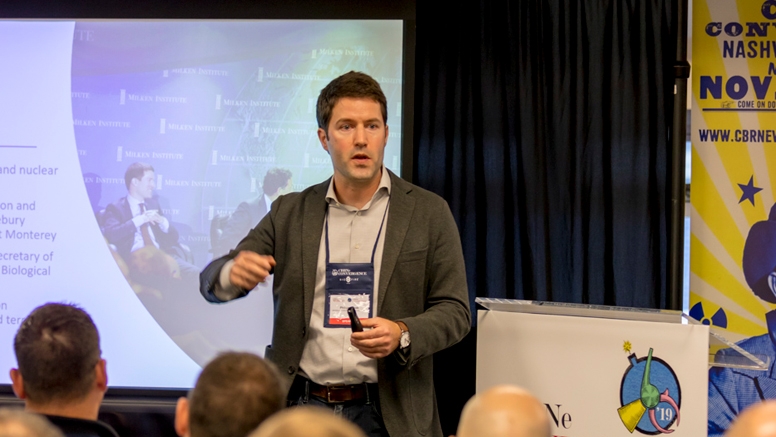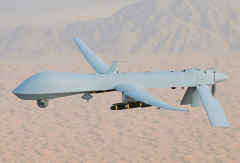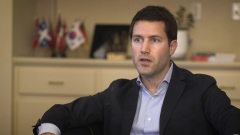Middlebury Institute Professor Tapped by Fox Business on Topic of Russian Chemical Weapons
Dr. Philipp Bleek, professor of Nonproliferation and Terrorism Studies, was recently interviewed by Fox Business about the potential consequences of Russia using chemical weapons in Ukraine.



